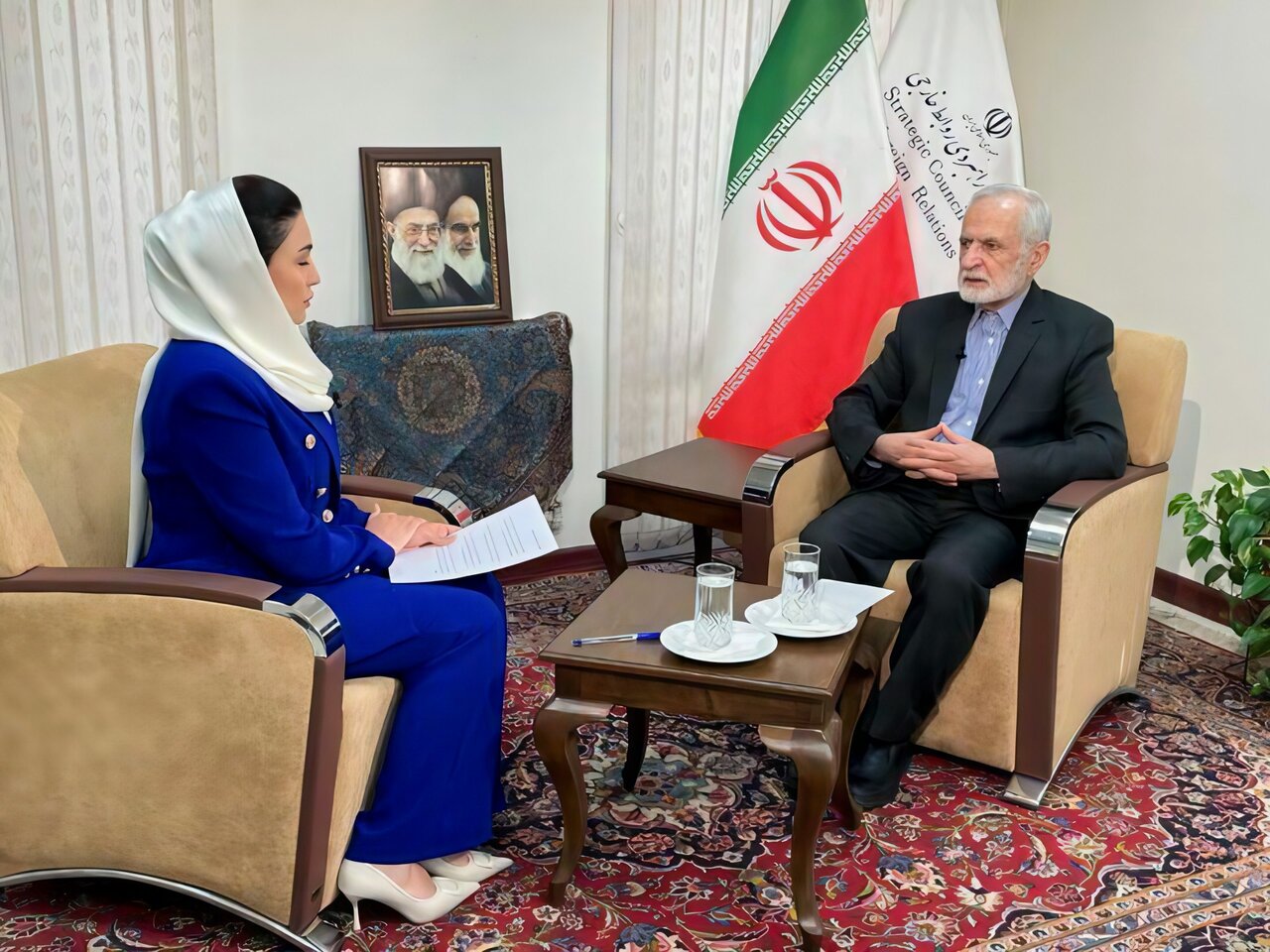TEHRAN – In a comprehensive interview with Al Mayadeen that aired on Monday, Kamal Kharrazi, head of Iran's Strategic Council on Foreign Relations, delineated Iran's strategic responses to the incoming Trump administration, revealing Tehran's diplomatic approach across various fronts.
Kharrazi, who is also a senior advisor to the Leader of the Islamic Revolution Ayatollah Seyyed Ali Khamenei, signaled Iran's readiness for any U.S. policy direction under Trump.
“We are prepared to respond depending on the policies they pursue. They previously tried Maximum Pressure, which ended in failure,” he said.
The senior diplomat emphasized the importance of patience, stating that while Iran is ready for any situation, Trump's “unpredictable character” makes it difficult to anticipate his decisions.
On Iran's nuclear stance, Kharrazi asserted, “If they take steps against us, it's natural for us to respond with proportional measures at the appropriate time.”
In 2015, Iran signed the Joint Comprehensive Plan of Action (JCPOA) with the P5+1 and the EU to limit its nuclear program in exchange for sanctions relief.
The International Atomic Energy Agency (IAEA) confirmed Iran’s compliance with the agreement.
However, President Trump withdrew the U.S. from the JCPOA during his first term and launched a 'Maximum Pressure' campaign, reimposing strict sanctions against Iran.
In response to the U.S. withdrawal and lack of European support, Iran began gradually reducing its compliance with the JCPOA, reflecting a strategic adjustment rather than an abandonment of the deal.
The Syrian conundrum and Resistance's sturdiness
Kharrazi painted a complex picture of the Syrian conflict, highlighting the roles of various international actors.
He underscored the U.S. and the Israeli regime's role in orchestrating Assad's downfall, stating that the “immediate” trip of Western officials to Damascus after the recent political upheaval indicates “what transpired was part of an American plan.”
He reaffirmed the resilience of the Axis of Resistance, particularly in Palestine, with the assertion, “The roots of resistance are strong and solid.”
The senior diplomat emphasized the enduring nature of Resistance movements, despite changes in regional political landscapes.
Additionally, Kharrazi expressed optimism about improving relations with neighbors, notably Saudi Arabia, aiming for both Iran and Saudi Arabia to “play a pivotal role in ensuring security, stability, and peace in the region.”
Looking East: China and multipolarity
In reference to relations with China amid Trump's policies, Kharrazi stated, “We commend China's efforts to diminish the dollar's dominance.”
He elaborated that he views this as part of a broader strategy for a multipolar world order, enabling Iran to assert its influence through organizations such as BRICS and the Shanghai Cooperation Organization (SCO).
He also touched on the deepening ties with Russia, noting, “A strategic cooperation agreement has been prepared and will soon be signed.”


No comments:
Post a Comment